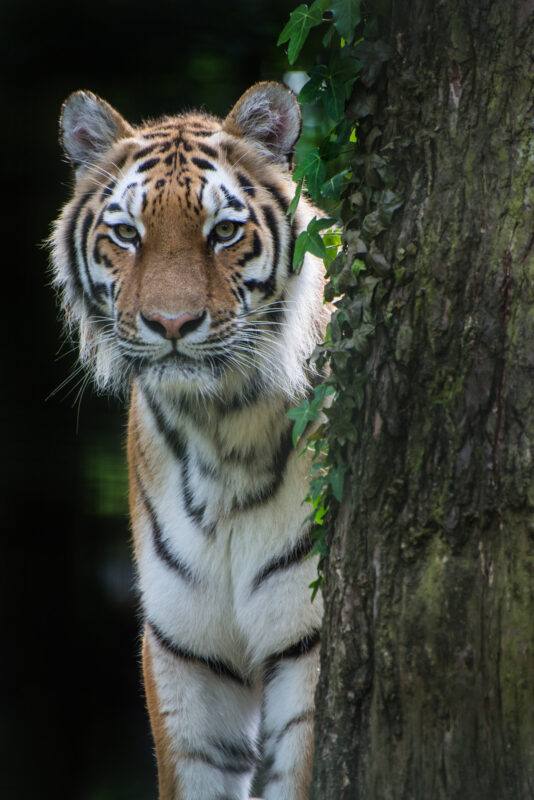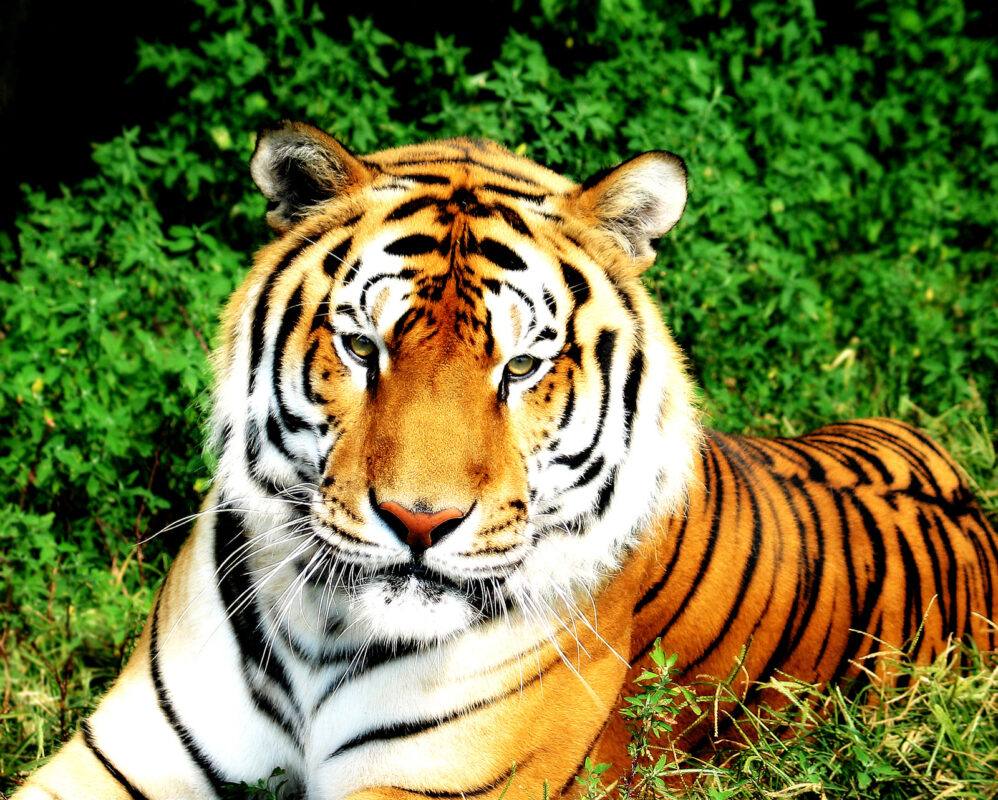International Tiger Day: Know The Significance Of The Big Cat
International Tiger Day, celebrated on July 29, raises awareness about the endangered tiger species and the urgent need for conservation. It emphasises the impact of climate change, illegal wildlife trade, and habitat loss on the tiger population. The day aims to unite people globally to protect these majestic creatures and their habitats, as they hold significant cultural and ecological importance. International Tiger Day promotes efforts to safeguard tigers, highlighting their strength, elegance, and beauty while urging humanity to prevent their extinction.
History of International Tiger Day
International Tiger Day, established in 2010 during the Saint Petersburg Tiger Summit, gathers Tiger Range Countries to address the global decline of tigers. Observed on July 29, it aims to protect their habitats, combat poaching, and address human-tiger conflicts arising from habitat loss. International organisations like WWF, IFAW, and the Smithsonian Institute support this cause. Challenges include poaching for tiger parts, habitat loss due to human activities, and inbreeding risks in small populations. As tigers venture into human territories, concerns arise for both people and these majestic cats. The day serves to raise awareness and garner global support for the preservation of these iconic animals.
Tigers face increasing conflict with humans due to habitat loss and climate change. Poaching and illegal trade pose serious threats, leading to localised extinctions. Loss of habitats worldwide due to access routes, human settlements, logging, and agriculture is prevalent, leaving only about 7% of the original tiger habitats intact. Experts are concerned about genetic diversity in small tiger populations, which may result in inbreeding. As habitat loss continues, conflicts between tigers and humans rise, with tigers venturing into human territories. This situation raises worries for both people and these majestic cats.
Significance of the International Tiger Day
International Tiger Day raises awareness about the endangered status of tigers due to habitat loss, poaching, and illegal wildlife trafficking. The day mobilises collective efforts to protect these magnificent creatures and preserve biodiversity for future generations. Tigers, once widespread, have seen a drastic decline, with only around 3,900 remaining in the wild. India houses the largest population, approximately 3,000 tigers. Tigers play a crucial role as top predators, maintaining ecosystem balance by controlling prey populations. International Tiger Day advocates for tiger conservation, emphasising the vital role these big cats play in the natural food chain and various habitats.
Encouraging Global Collaboration
Since tigers can be found throughout many Asian nations, effective tiger protection requires international cooperation.
One of the elements that have threatened the global tiger population is climate change. The habitat of tigers is impacted by global warming and rising sea levels, which may potentially have an effect on the diversity of their prey species. Additionally, these tigers’ declining habitat may push them to stray close to human settlements, which may result in confrontation between animals and people.
Influencing Financing And Policy
Public support for legislation and funding to stop tiger poaching and strengthen wildlife protection initiatives may increase as awareness grows.
Ecological Equilibrium
Tigers are the top predators in their habitats, and by controlling the populations of their prey species, they play a crucial role in preserving ecological harmony.
Keystone Species’ Effects
The preservation of tigers is essential for the general health and variety of the ecosystem since they are keystone species with a significant impact on their surroundings.
Addressing The Demographic Decline
The dramatic fall in tiger populations over the past century is highlighted on this day, highlighting the necessity of acting quickly to buck the trend.
Limiting Commerce With Illicit Wildlife
International Tiger Day aids in the fight against illegal wildlife trafficking by lowering the demand for tiger goods. International Tiger Day highlights various conservation efforts taking place all around the world and invites participation and support from people and organisations.
Teaching Young People
The day fosters a sense of obligation in the next generation to preserve animals and the environment by teaching kids about tigers and conservation.
Inspiring People
As a result of increased awareness, people are more likely to make little but significant changes in their everyday routines to support tiger conservation efforts and safeguard the environment.
Advocating Responsible Travel
The holiday promotes ethical travel habits that put conservation and the protection of wildlife first.

KNOW MORE ABOUT TIGERS
- They are the biggest cats in the world. Tigers typically weigh 800.278 pounds.
- The highest tiger population is found in India. India is home to up to 70% of the world’s wild tiger population.
- The volume of a tiger’s roar is astonishing and can be heard from two miles away.
- It takes time to learn how to hunt. A cub cannot hunt independently until it is two or three years old.
- They are also fairly quick. Tigers are capable of moving at 40 mph.
Why Is International Tiger Day Observed?
- It draws attention to our unique ecosystem: The goal of International Tiger Day is to maintain a delicate balance between tigers and people. The day helps us understand that a healthy tiger population also indicates an ecologically balanced ecosystem because we are all interdependent in many different ways.
- It preserves a species that is at risk of extinction: To save these lovely animals, we must all do our part. International Tiger Day serves as a reminder to get involved in the cause, even though conservation efforts are made all year round.
- It recognises the special relationship between tigers and humans: While it is true that humans are largely to blame for the declining tiger population, it is also true that many ardent wildlife enthusiasts are working hard to make the world more tiger-friendly. International Tiger Day recognises this special relationship.






Very neat post.Thanks Again. Really Great.